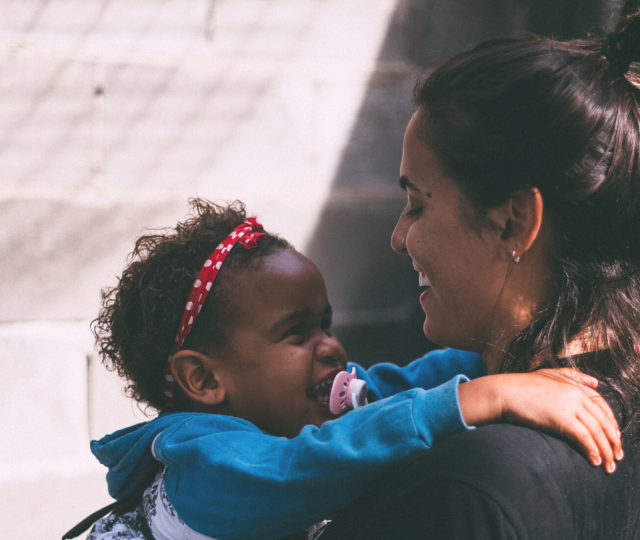Accessing child care
Child care (sometimes known as daycare) is the care and supervision of a child or children under the age of 13. This includes home daycare or a child care centre such as a preschool.
Child care in B.C. falls within one of two categories: licensed care or unlicensed care. Whether or not a child care program requires a licence depends on the following:
- The number of children in the provider’s care
- The duration of the program
- The main goal(s) of the program














